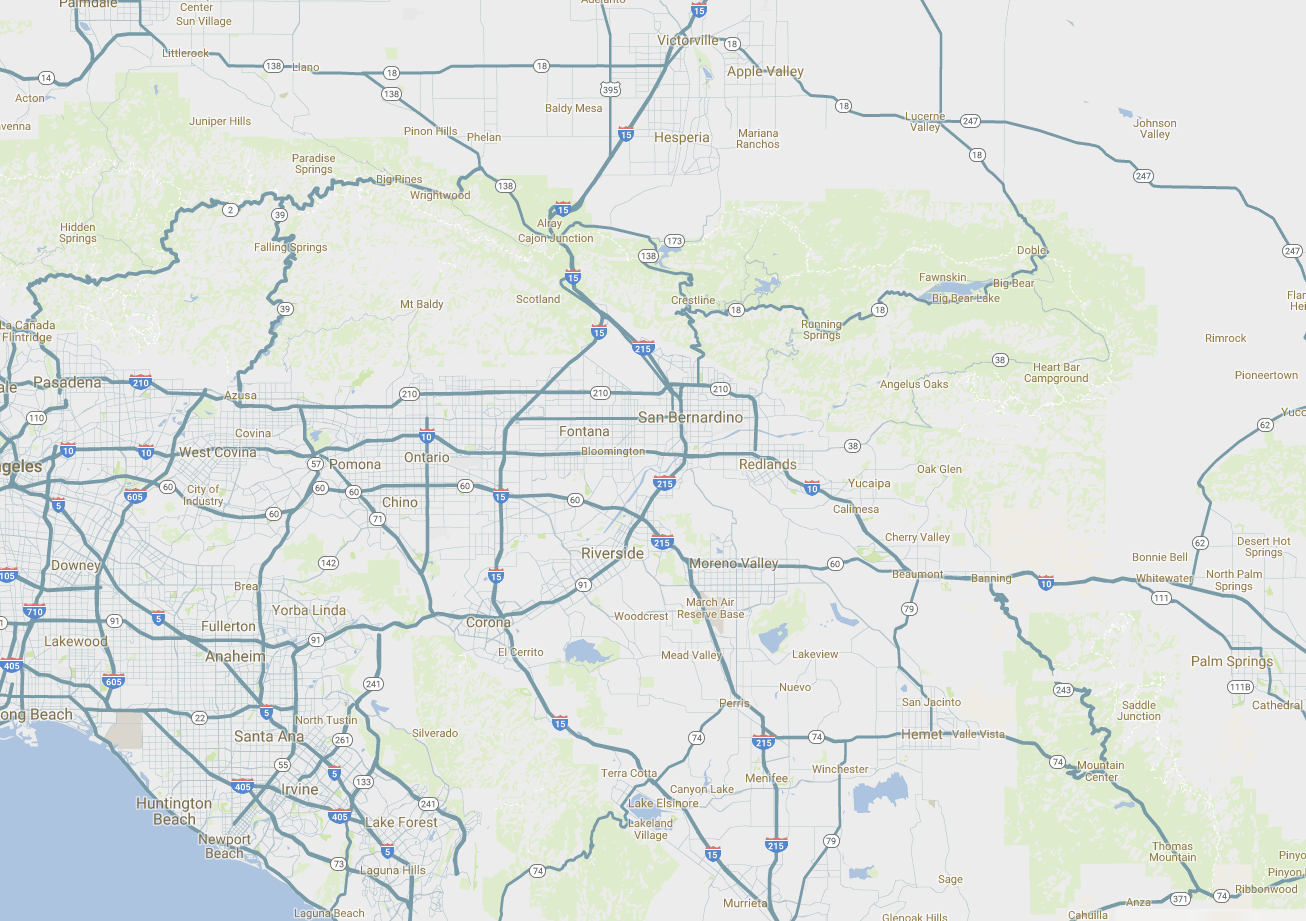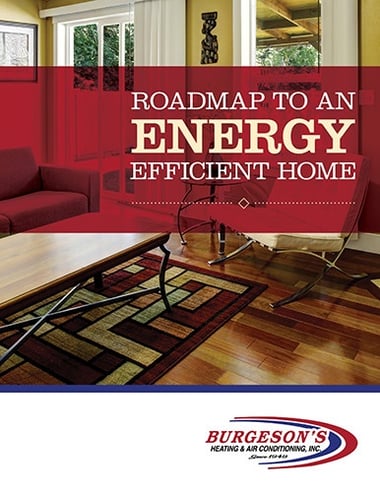How do whole-home battery backups work?
Backup batteries operate on electricity and can function independently or as part of a home solar panel system. In the event of a power outage, the backup battery system will automatically activate, providing electricity for several hours, a day, or even longer.
What are the benefits of home battery backup systems?
Home battery backup systems have become increasingly popular thanks to their numerous benefits. One of the primary benefits is power continuity. During power outages or blackouts, a home battery backup system can keep essential appliances running, such as lights, refrigerators, and medical equipment. Additionally, a home battery backup system can help save money on electricity bills by storing excess energy from solar panels during the day and using it during peak hours when electricity prices are high. This saves money and has environmental benefits by reducing greenhouse gas emissions.
Moreover, a home battery backup system can provide energy independence, allowing homeowners to generate and store their energy, providing peace of mind, and reducing dependence on the grid. Installing a home battery backup system can also increase property value. It makes a home more attractive to potential buyers while improving energy efficiency, a desirable feature in today's market.
Are there different types of battery backup systems?
How much do whole-home battery backup systems cost?
Is maintenance required with a battery backup system?
Are there any available rebates or tax credits for battery backup systems?
The California Public Utilities Commission (CPUC) operates the Self-Generation Incentive Program (SGIP), which provides a rebate of up to $10,000 for homeowners who install battery storage systems. The SGIP rebate is given as a reimbursement after the installation is complete and covers both the equipment and installation costs. Even if the battery storage system is not paired with solar, it can still qualify for SGIP. However, it is beneficial to pair solar and battery storage in California. Depending on their utility, some Californians are eligible for a 15-20% SGIP rebate. In comparison, others qualify for rebates that cover 85% or even 100% of the cost of battery storage, allowing them to receive free battery storage through SGIP. Additionally, there is a 30% Federal tax incentive on the total system cost and rate benefits through Southern California Edison.
What's the lifespan of a whole-home battery system?
Do you need solar panels to have a battery backup?
What size battery do I need?
Determining the appropriate battery size for your energy needs involves evaluating your energy consumption over the past year and determining whether you can use excess solar power during periods of low solar generation if you already have a solar panel system. If you're not generating a lot of electricity or exporting much to the grid, a smaller battery may be appropriate. However, if you have excess solar generation and regularly import power from the grid, a larger battery may be beneficial. Matching the battery size to your energy usage patterns can help optimize its effectiveness.
What is a kWh?
Can I go off-grid?
Are batteries more expensive than home generators?
How long can batteries power my home during an outage?
Although a home battery system, paired with solar panels, is an excellent solution for backup power during outages, it's essential to have realistic expectations about its capabilities. Whole-home backup batteries (that are not paired with solar) charge by pulling power from the grid and storing it. While it's possible to power your home for several days using a home battery, it's advisable not to depend on it for more than five consecutive days. Solar panels generate electricity during the day, which recharges the battery, and the battery then powers your home at night. However, without solar panels, the length of time the battery will last will depend on its size and energy usage. We recommend homeowners size their system to provide at least 12 hours of backup power. Still, it's crucial to remember that during storms or other situations that may hinder solar energy production, the battery may not be able to recharge as quickly. Therefore, it's essential to consider factors like weather and usage when determining the appropriate size and configuration of your home battery system.










